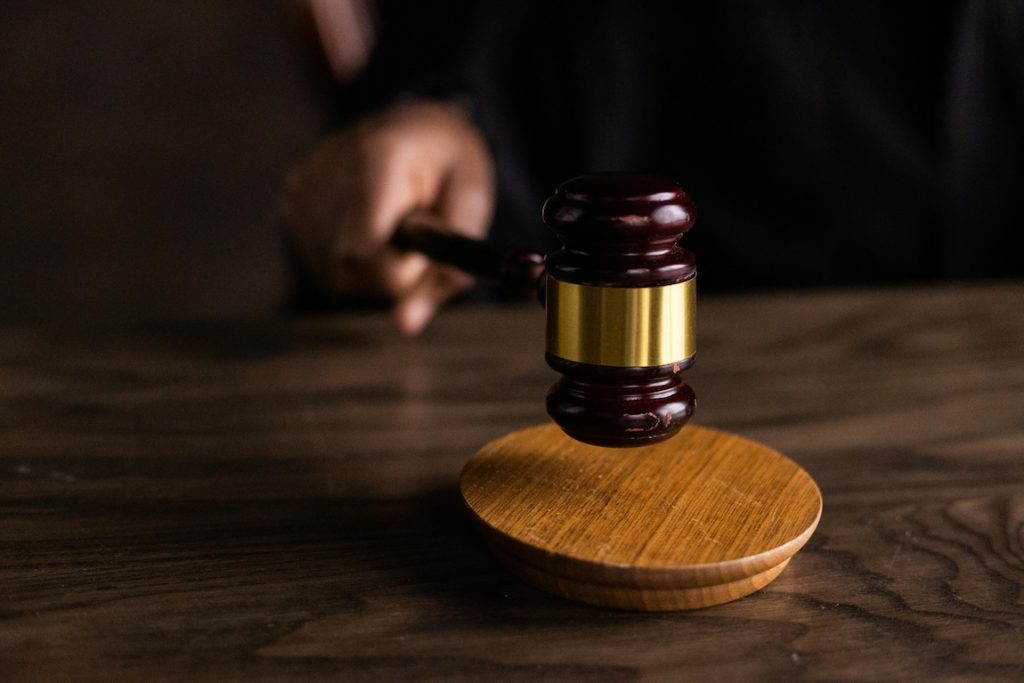Built on Trust, Focused on Results
🍺 Driving Under Restraint – Alcohol-Related (DUR-Alc)
If your driver’s license was restrained because of an alcohol-related offense such as DUI, DUI per se, DWAI, or UDD, and you were later caught driving, you may be charged with Driving Under Restraint – Alcohol-Related (DUR-Alc) under C.R.S. 42-2-138(1)(d).
This charge is taken very seriously by both the courts and the DMV — even for first-time offenses — because it involves driving after an alcohol-based restraint.
What the Law Says
Colorado law makes it unlawful for anyone to drive a motor vehicle or off-highway vehicle with knowledge that their license or driving privilege is restrained due to an alcohol-related driving offense.
“A person who drives a motor vehicle…with knowledge that the person’s license or privilege to drive is restrained under section 42-2-126(3)…because of a conviction of DUI, DUI per se, DWAI, or UDD…commits a class 2 misdemeanor traffic offense.”
— C.R.S. 42-2-138(1)(d)

Penalties for DUR–Alcohol
A first conviction for DUR–Alcohol is a class 2 misdemeanor traffic offense. The court may impose:
- Jail: Up to 90 days in the county jail.
- Fine: $150–$300.
- Probation or community service: Depending on the court and prior history.
- DMV consequences: Separate from the court case, the Colorado DMV will extend your restraint period and may impose additional reinstatement conditions.
A second or subsequent conviction carries increased fines of $500 to $3,000, and the court may consider enhanced penalties based on prior history or aggravating factors.
DMV Consequences
Even if jail time is avoided, a DUR–Alcohol conviction has serious licensing implications.
The DMV will extend your restraint period, and you may be required to maintain SR-22 insurance and install an ignition interlock device once eligible for reinstatement.
Drivers must often complete alcohol education or treatment requirements before full reinstatement.
⚠️ Habitual Traffic Offender (HTO) Consequence:
A DUR–Alcohol conviction counts as a major offense toward a Habitual Traffic Offender designation under C.R.S. 42-2-202(2)(a)(I).
Accumulating three “major” convictions within a seven-year period can result in a five-year driver’s license revocation.
Possible Defenses
DUR–Alcohol cases can be highly technical. A strong defense may include:
- Lack of knowledge: The state must prove you knew your license was restrained.
- Improper stop: If the officer lacked reasonable suspicion for the traffic stop, all resulting evidence may be suppressed.
- Mistaken restraint status: DMV records may contain clerical or timing errors related to reinstatement eligibility.
- Out-of-state restraint issues: Sometimes an out-of-state suspension does not align legally with Colorado’s alcohol-based restraint law.
- Procedural or notice errors: The prosecution must prove proper notice of restraint from the DMV.
Each case is fact-specific, and the smallest error in notice, timing, or documentation can affect the outcome.
Why It Matters
A DUR–Alcohol conviction can significantly extend your license problems and compound penalties for any future driving or DUI-related offenses. It also creates a criminal record that can affect employment, insurance, and professional licensing.
For over 20 years, I’ve defended drivers charged with DUI and DUR across Colorado — personally handling every case from start to finish. No hand-offs. No fill-ins.
This information reflects Colorado law current as of 2025 (C.R.S. 42-2-138). Laws change frequently — always verify with a qualified attorney before relying on online sources.
Call Monte Robbins, Colorado DUI & DUR Defense Lawyer, at 303-355-5148 for a free consultation about your Driving Under Restraint – Alcohol-Related case.











